To be eligible for Japanese permanent residency, you must have resided in the nation for a minimum of ten years. Many foreign employees aim to accomplish this milestone. However, several other methods to reduce the time frame include getting married, scoring well on the skilled application point system, or making a significant contribution to Japan.
Continue reading to discover the detailed guide on how to get a permanent resident visa in Japan and how to shorten the waiting period.

Is It Hard to Get Permanent Japanese Residence?
To be eligible for Japanese permanent residency, you must have resided in the nation for a minimum of ten years. Many foreign employees want to accomplish this milestone, but there are a few strategies to cut the time in half.
You must also show that you have paid the appropriate payments to Japan’s social system and that you have earned sufficient income to maintain yourself.
In truth, the application procedure is no more difficult than applying for a standard visa, and the majority of the supplementary papers can be obtained in a single visit to your local municipal office.
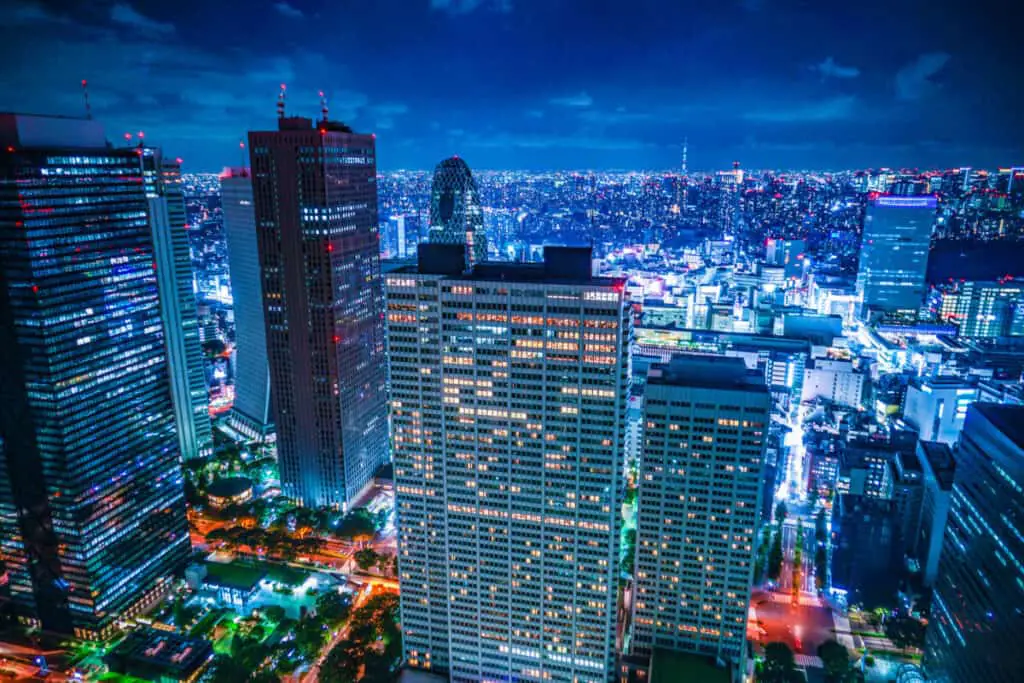
The only significant difference between this and an ordinary visa extension is that you pay ¥8,000 instead of ¥4,000 for the application, and you would have to wait longer for a decision.
What are the Requirements for a Permanent Residence Visa Application in Japan?
To apply for a Japanese permanent residence visa, you must meet a set of criteria. A permanent resident visa can be obtained if you have lived in Japan for ten years, have no criminal record, meet your current visa conditions, are financially self-sufficient, and have paid taxes and social security contributions into the Japanese system.
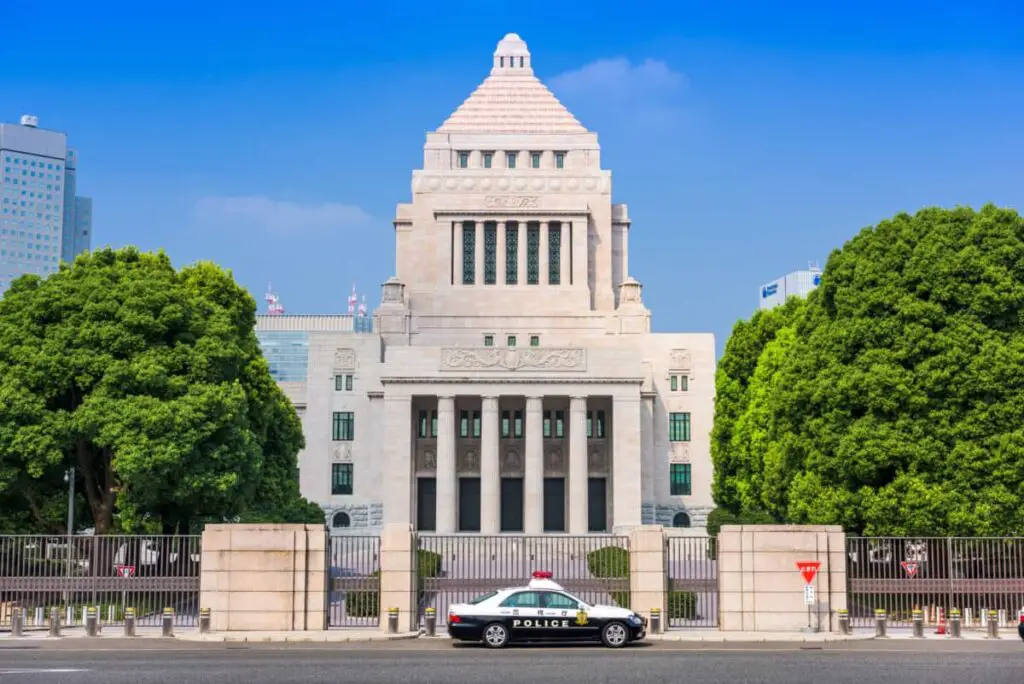
While there is no formal figure for what constitutes a “self-supporting” yearly wage, a typical estimated amount is ¥3,000,000 ($26,074 USD) per year, plus ¥600,000 to ¥800,000 for each dependent.
However, your actual income may be lower if your savings are factored in. Thus, there is no hard and fast rule.
How Can You Shorten the Japanese Residence Period?
Get Married
Spouses of Japanese nationals (and permanent residents!) can apply for permanent residency after only three years of marriage if they have lived in Japan for at least a year.
After just one year in Japan, any children born into the marriage are also eligible.

You have a Sufficient Number of Points.
On April 26, 2017, the guideline for applying for a Permanent Resident Visa was updated, and the following exemption was added to the residence criteria.
The standard rule for qualifying for a Permanent Resident Visa is to have lived in Japan for ten years consecutively.
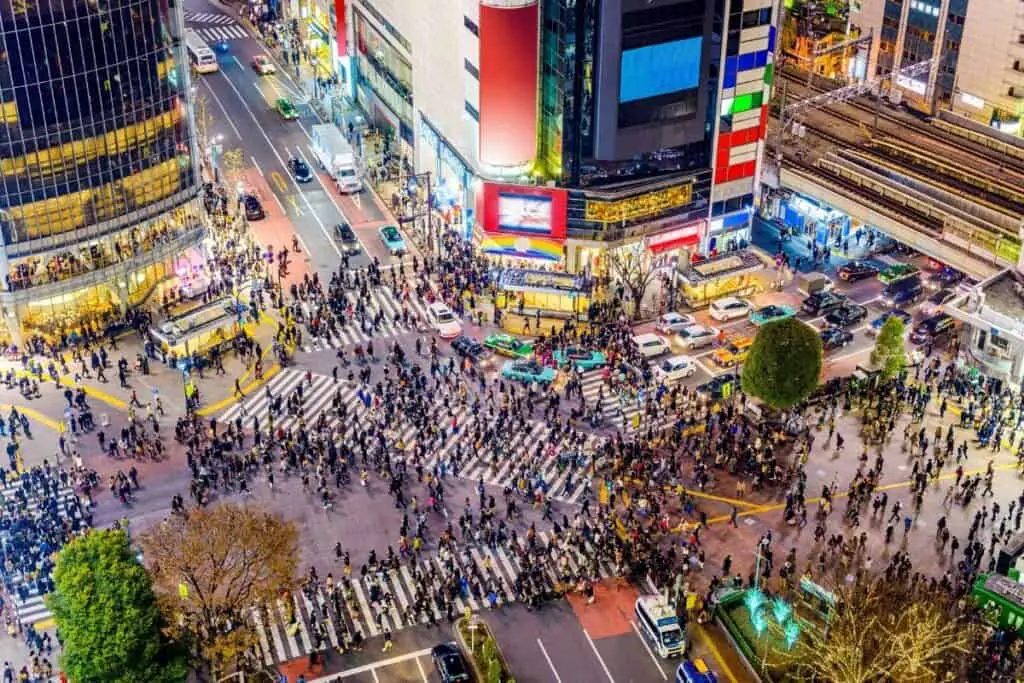
However, if one can prove that they score 70 points in this Point Calculation Table at the time of application, their waiting period may be waived.
The applicant must prove that they have been doing so during the most recent three years of residency leading up to the application, or 80 points in the said Table during the most recent one year of residency.
Make a Significant Contribution to Japan’s Development.
After only five years in Japan, you can apply for permanent residence if you have made a significant contribution to diplomacy, economics, industry, arts, education, research, sports, or public welfare.
This one is relatively uncommon, and it primarily applies to Nobel Prize winners and other high-profile international or domestic award recipients, as well as people of comparable public standing.
What Documents Are Required to Apply for Japanese Permanent Residency?
You’ll need a large amount of paperwork to apply for permanent residency in Japan.
First, a correct application for permanent residency must be filled out. You’ll need a photo that’s 4 cm × 3 cm. This photo must have been shot within the previous three months, and it must be clear and front-on with no head covering.
It must be taken against a plain backdrop with no other people in the picture. On the reverse of the photo, you must write your full name.

It is also necessary to get a certificate of residency. This may be obtained from the city hall in your area.
Some immigration experts advise sending a photocopy of your national health insurance card, letters of reference from upstanding citizens, and other supporting documents that demonstrate your contributions to Japan and demonstrate your excellent character.
Financial Documents Needed for Japanese Permanent Residency Application
Another necessity is proof of employment. A certificate of employment is required if you work for a corporation. You’ll need your final income tax return statement and, if applicable, your business license if you’re self-employed.
If you rely on your spouse for support, your spouse will be responsible for submitting this information.
Your application must also include proof of income and proof of payment of residential taxes. The nozei-shomeisho is proof that your residence taxes have been paid.
It’s generally the only document you’ll need because it also displays your overall revenue.
You will also require your kazei-shomei-sho, which indicates your complete taxes if your entire income and deductions are not stated on your nozei-shomeisho.
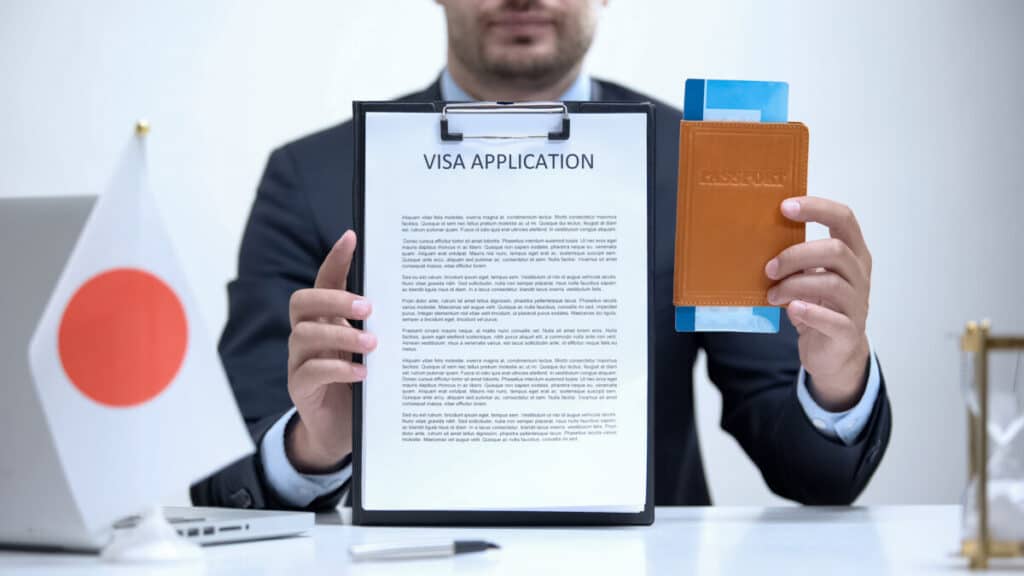
Both materials are available at your local municipal hall. While the Ministry requires only the most recent year’s documentation of Justice, it is common to submit three years’ worth of documents.
If you do not work for a corporation, you must additionally produce a copy of your bankbook entries from the preceding year.
Even if you work for a firm, it’s best to give this because your savings amount will assist demonstrate that you can support yourself.
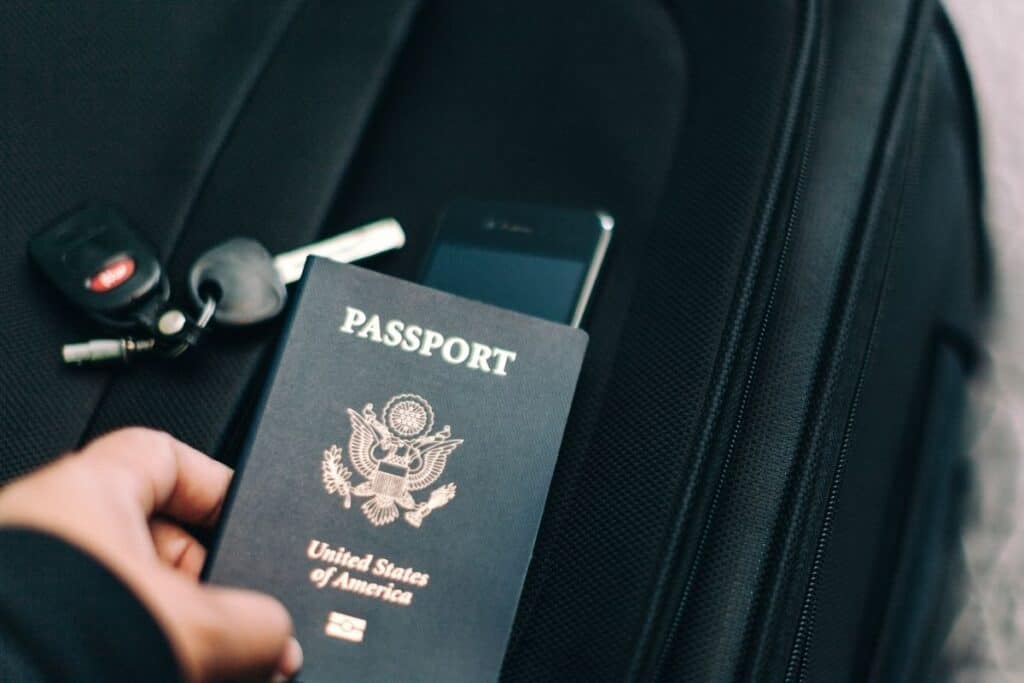
Another essential for your application is a copy of your passport’s ID page. This, as well as copies of the front and back of your residence card, will be required.
Translation of Documents
A Japanese translation must accompany any non-Japanese documentation. Because submitted papers are seldom returned, it’s advisable to provide copies or mention the requirement for certain documents to be returned at the time of submission.
Obtaining a Guarantor
You will need to obtain a guarantor to vouch for you when applying for a Japanese permanent residence visa. This individual must either be a citizen of Japan or a foreign resident of Japan who holds the Permanent Resident status.
This individual does not need to be a Japanese national. They can also reside in the country permanently. You should pick someone who is financially secure and has no problem communicating in Japanese.
Documents Required from Your Guarantor
Your guarantor must provide a Letter of Guarantee, proof of employment, a certificate of income for the previous year, and a residency certificate.
Your documentation should accompany this. For example, most individuals contact a close friend or a co-worker for help while applying.
What Additional Documents Would One Need for a Spouse-based Permanent Residence?
You must also send a copy of your spouse’s family registration indicating you as a member.
You’ll need your marriage license and a letter from your spouse describing your connection if your partner is a permanent resident and not a citizen.
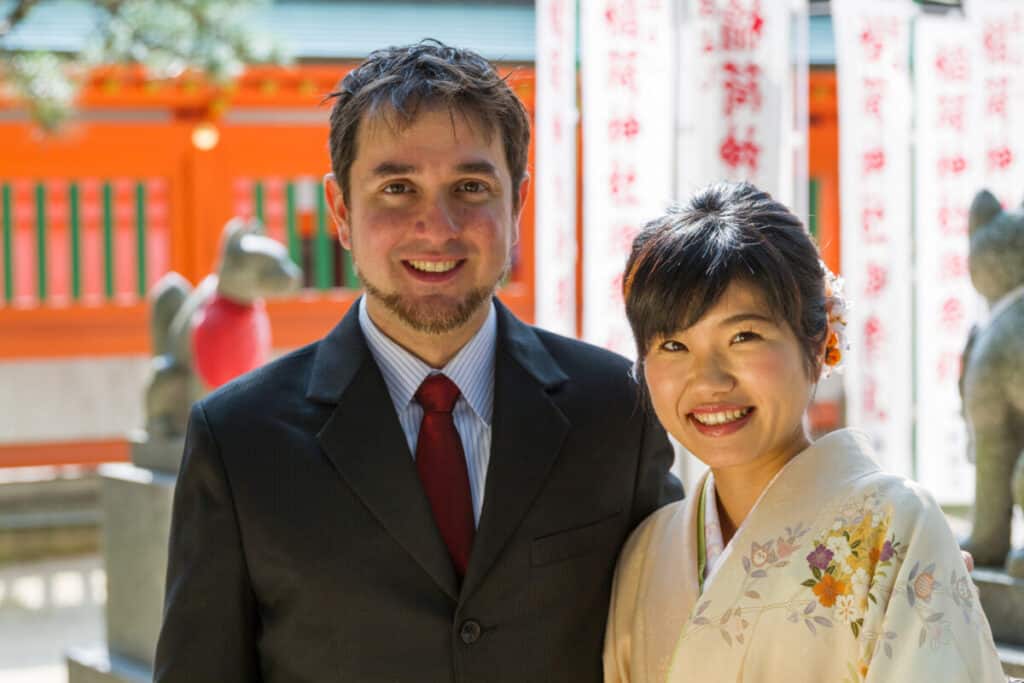
If you’re applying as a spouse and are jobless, your spouse must provide the above-mentioned work-related documentation, and you must offer a statement describing your financial support position.
All members of your household will be required to submit proof of residency.
Waiting to Hear About Your Japanese Permanent Residency?
A permanent residency visa requires a six-month waiting period. In practice, though, it can take anything from four to eight months. This implies that if your ordinary visa expires within eight or nine months of your permanent residence application, you may expect to have to renew it as well.
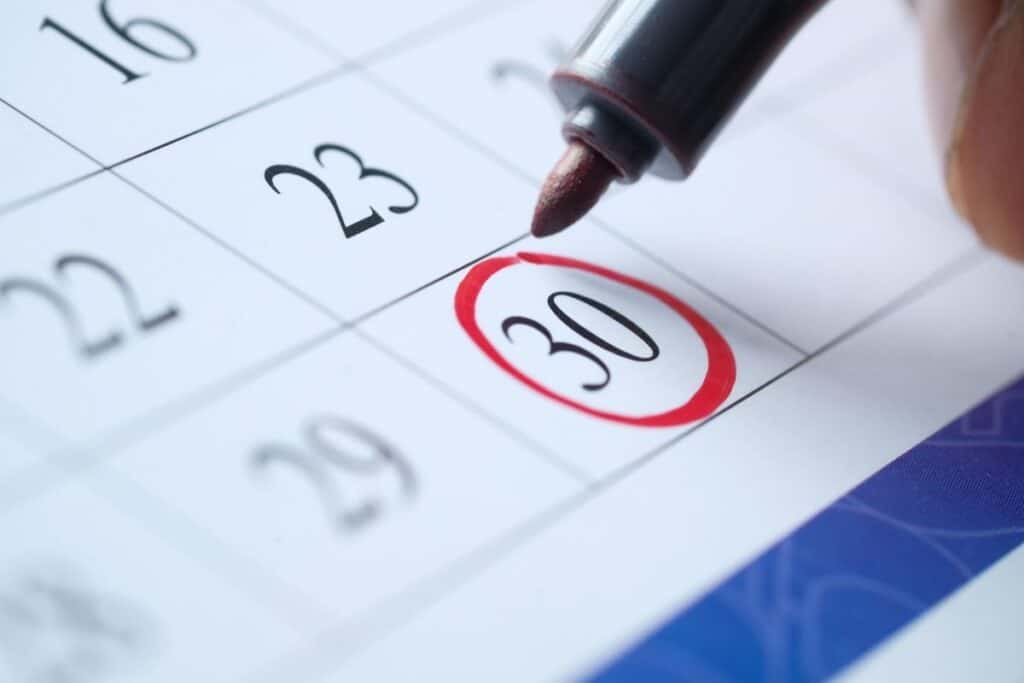
What Happens After You Get Your Japanese Permanent Residence?
When you’ve waited long enough, you’ll receive something magical: a residency card with stars in place of an expiration date. You’re now able to work any form of employment or obtain a loan to purchase a home.
One disadvantage is that you will have to keep track of your international tax responsibilities.
Also, keep in mind that if you want to leave Japan for a lengthy period of time, you must return at least once every 12 months to maintain your permanent residency status.

If you apply for special re-entry permission, you can extend that duration to five years. Just remember, a single re-entry costs ¥3,000, whereas multiple re-entries cost ¥6,000.
Also, remember that your residency card is only suitable for seven years. After seven years, you must apply for an Extension of the Valid Period of the Residence Card, together with your residence card, passport, and a current photograph.










